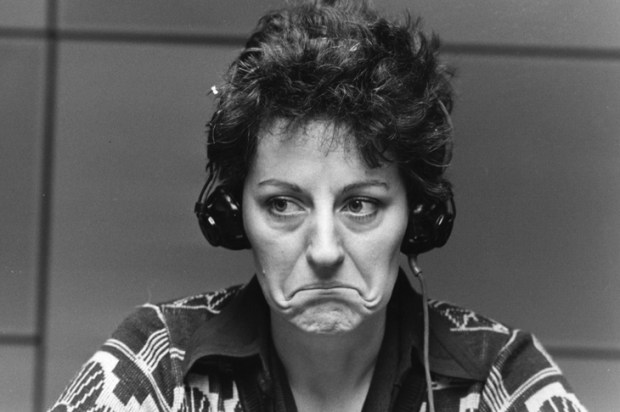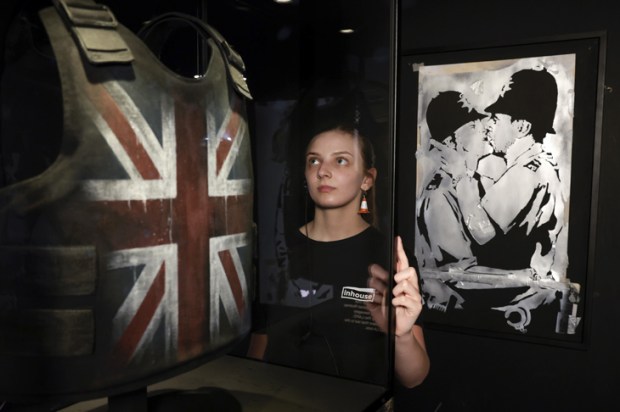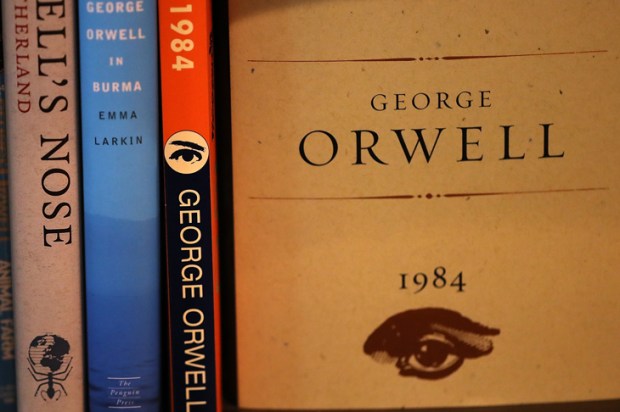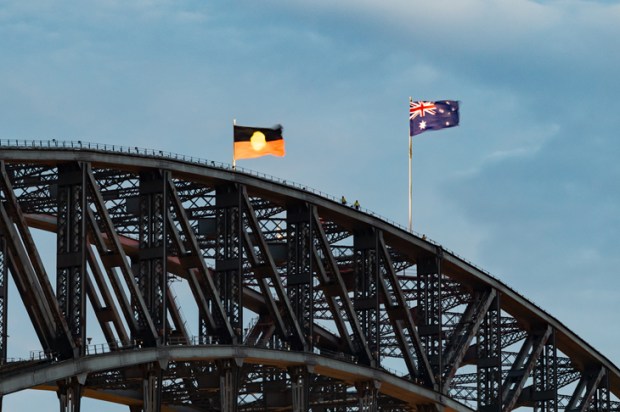I’ve always been a bit of a ‘prepper’. Pre-2020 that’s something I would’ve never admitted. It’s embarrassing to say I keep a military-style bag full of survival gear ready to go in my closet at a moment’s notice. I was the girl loading bags of rice into the cart the first few weeks of January as my friends rolled their eyes when I’d rant about a ‘mystery illness in Wuhan’ I’d read about.
My husband likes to cheekily point out sometimes that ‘I was wrong’ to stock up on food. This wasn’t the disaster so many preppers had been excitedly pulling out their Jesse Ventura-sponsored dry-sealed food barrels for. However, what I think most people could agree on is that 2020 has shown us that civilization is far more fragile than any of us wanted to think. And it may get worse.
You don’t need to subscribe to Conspiracy TV or have an underground nuclear fallout shelter to see that our system has failed us this last year. Both the coronavirus and the riots have shattered our assumption that we are governed by a well-oiled, disaster-proof technocracy. In the face of that realisation, both Right and Left have begun dabbling with insurrectionary ideas.
I deplore such extremist radical solutions, but I understand the fear that drives them. Entire plague ships such as Ruby Princess were allowed to unload without much question from the NSW government other than a belated ‘oops’ and ‘this was a group mistake’. Millions of people are jobless in the face of government decisions to shut down the economy. Policies are being implemented erratically to shut down borders, reopen shops, shut down shops, ban flights, reopen flights all over the world at every turn.
As so often happens when the elites have no idea how to govern, established pieties have been raised and then abandoned with whiplash-inducing speed. Last year our progessive elites proclaimed borders were a dreaded evil existing for the sole purpose of enforcing a fascist agenda. Now you’re an anti-science bigot if you’re against the lockdown of states. I honestly can’t keep up with the narrative, nor can I keep up with the decisions governments are making. I don’t think they can either.
In the United States riots have destroyed people’s entire livelihoods, their shops, their homes and community centres. At least thirty people have died in the protests over George Floyd these last few months. The states have attempted to keep things under control to some degree, but it’s fairly unanimous that they have utterly failed. Lacking the means to fight the overwhelming natural threat, we have turned to the much more manageable, much less helpful task of turning on each other, starting with the very people whose job it is to prevent mutually assured social destruction: the police.
In some sense, the failure of our government should not surprise us. The State is a creation of community and as we have no real communities, it is natural that we should begin losing our states.
Society lives under what can be described as a “thin layer of civility”. We often forget that for most of human history we have been savages. We’re the same species that enslaved and slaughtered millions. We’re the same species that sparked revolutions. We’re the same species that inspired and destroyed empires. People with the exact same brains and genetic makeup as you have done amazing and horrific things. Of course that doesn’t make you responsible for any of it, but it does mean we’re capable of it.
Being on the cusp of such great uncertainty has been a stark reminder of this. Alex Jones recently made a joke that if food shortages left him unable to feed his kids, he would eat his neighbours. Jones may have been joking, but how many even crazier people might think and act on the same idea? Look at how people were treating one another just a few months ago when there was simply a toilet paper shortage. In Sydney reports came out of a row between a man and a woman over loo roll in which a knife was pulled at a Woolies. Rice and canned goods had disappeared off shelves in the first few weeks of lockdown. The day the first coronavirus death was announced in the US two brothers went out and bought nearly twenty thousand sanitiser products to resell at a higher price.
People weren’t worried about their communities, they were worried about making sure they could eat and make money. This is exacerbated in cities where there’s little to no sense of community to begin with. There are many factors that have led to this: people moved away from their families for work and school, technology caused mass alienation. But regardless of what caused it, when things actually get hard we’re not truly here for each other and neither is the government.
Some people will scoff and claim I’m just being negative and should take a look at all the beautiful Instagram or TikTok videos of people delivering food to the elderly. Awesome, I think that’s great and I genuinely hope for more of that. However, I also think half of it is done for the clout and will be the last thing on people’s minds when there’s a legitimate resource shortage rather than just a scare.
Man does not live by bread alone, but when there’s no bread man definitely does not live by retweets.
I also see many opining about ‘what they would do’ if they were in a riot. What they would do if their life was in danger or if ‘shit hit the fan’. It’s almost impossible to imagine ourselves doing uncivilised things when we haven’t been in an uncivilised situation. Truth is, we all have survival mechanisms and our ideological hopes for the world don’t always line up with actions we take in reality.
An incredible example of this is Seattle sports reporter Paul Gallant demanding Donald Trump ‘chill’ with his tweets claiming protesters are ‘terrorists’ and that riots must ‘come to an end’. Only a month later the riots actually made their way to Gallant’s front door and the shop under his apartment building was smashed to bits. ‘I feel like I need to buy a firearm because clearly this is going to keep happening,’ Gallant then tweeted. ‘Enough is enough. It looks like a block party down the street from me. Really angry right now.’ But Gallant isn’t wrong, he probably does need to buy a firearm.
Especially considering Seattle police chief Carmen Best sent out a letter a few weeks ago stating the police no longer had the ability to ‘safely intercede to preserve property in the midst of a large, violent crowd.’ If you own a shop or a home in Seattle that’s at risk of destruction, essentially you are on your own. If this is what the brave new world of #AbolishthePolice looks like, the ultimate result will be first anarchy and then a resurgence of the very authoritarianism that protesters fought. And this time, it will be unrepentant. The message of 2020 no matter where you live has been this; you are on your own.
Yet even abandoned by our state, forsaken by our community and caught in the driving storm of competing ideological extremism, we can still find empowerment. It’s not all doom and gloom, the world is still spinning. Our countries are still somewhat functional. Perhaps 2020 is the kind little nudge and warning that we needed. A reminder that self-government is not self-sustaining. Governments fail. The relative peace we’re living in is actually at odds with most of history. Humanity’s tameness in the first world is not always our natural instinct, and won’t always be.
For decades, we have treated civilization as synonymous with the emancipation of the individual from community. Yet this has only resulted in the empowerment of the State. Take away government, and so many of us are left shivering in the cold, wondering if we can defend ourselves, feed ourselves, trust our neighbors, or even survive. If 2020 pulls us back from our obsession with freeing man from men, then perhaps our brief glimpse of savagery will have been worth it.
Got something to add? Join the discussion and comment below.
Get 10 issues for just $10
Subscribe to The Spectator Australia today for the next 10 magazine issues, plus full online access, for just $10.
You might disagree with half of it, but you’ll enjoy reading all of it. Try your first month for free, then just $2 a week for the remainder of your first year.














Comments
Don't miss out
Join the conversation with other Spectator Australia readers. Subscribe to leave a comment.
SUBSCRIBEAlready a subscriber? Log in